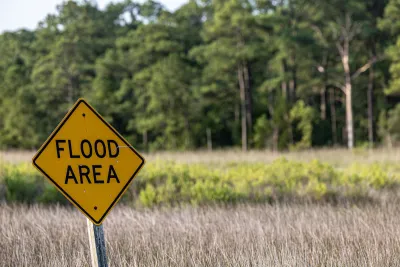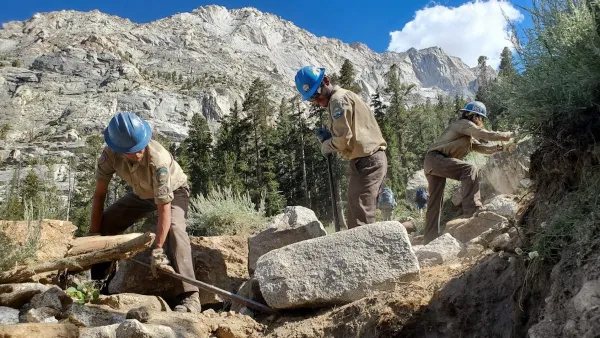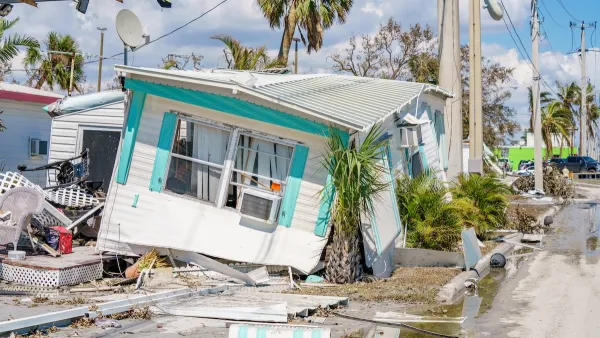The latest edition of the “Climate Change Indicators in the United States” report highlights the severe and widespread impacts of climate change on health and the environment, emphasizing the urgent need for action to mitigate these effects.

The Environmental Protection Agency (EPA) has released the Fifth Edition of the “Climate Change Indicators in the United States” report, presenting new data that underscores the pervasive effects of climate change on health and the environment. The report, which now includes indicators such as Marine Heat Waves and Heat-Related Workplace Deaths, illustrates how phenomena like extreme heat, flooding, and wildfires are increasingly frequent and severe, causing substantial harm to public health, livelihoods, and property. EPA Administrator Michael S. Regan emphasized the report’s role in tracking climate change's impacts, aiding informed efforts to mitigate the crisis.
The report compiles data from more than 50 contributors, offering evidence of climate change’s growing impact on ecosystems and society. Notable findings include the increase in global and U.S. temperatures, more frequent and prolonged heat waves in cities, rising sea surface temperatures, and the displacement of marine species. Additionally, tidal flooding, wildfires, and the lengthening of the growing season have become more pronounced. These indicators collectively highlight the urgent need for comprehensive climate action to protect vulnerable populations and build resilient infrastructure.
Further, the report addresses the significant reduction in Arctic sea ice and the shortening of the snowpack season, both of which have critical implications for global climate patterns. The EPA's ongoing efforts to document these changes are crucial for understanding the real-time effects of climate change and developing effective strategies to combat its adverse outcomes. The comprehensive data presented aims to support policy-making and public awareness, stressing the importance of immediate and sustained efforts to address climate change.

National Parks Layoffs Will Cause Communities to Lose Billions
Thousands of essential park workers were laid off this week, just before the busy spring break season.

Retro-silient?: America’s First “Eco-burb,” The Woodlands Turns 50
A master-planned community north of Houston offers lessons on green infrastructure and resilient design, but falls short of its founder’s lofty affordability and walkability goals.

Delivering for America Plan Will Downgrade Mail Service in at Least 49.5 Percent of Zip Codes
Republican and Democrat lawmakers criticize the plan for its disproportionate negative impact on rural communities.

Test News Post 1
This is a summary

Test News Headline 46
Test for the image on the front page.

Balancing Bombs and Butterflies: How the National Guard Protects a Rare Species
The National Guard at Fort Indiantown Gap uses GIS technology and land management strategies to balance military training with conservation efforts, ensuring the survival of the rare eastern regal fritillary butterfly.
Urban Design for Planners 1: Software Tools
This six-course series explores essential urban design concepts using open source software and equips planners with the tools they need to participate fully in the urban design process.
Planning for Universal Design
Learn the tools for implementing Universal Design in planning regulations.
EMC Planning Group, Inc.
Planetizen
Planetizen
Mpact (formerly Rail~Volution)
Great Falls Development Authority, Inc.
HUDs Office of Policy Development and Research
NYU Wagner Graduate School of Public Service





























